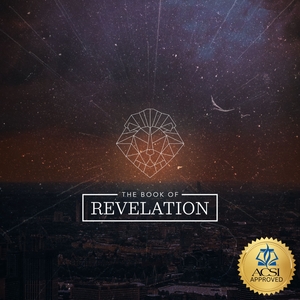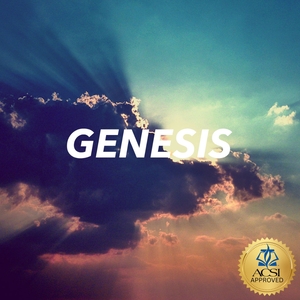Is Isaiah 65:17-25 supposed to depict the Kingdom, as v.17 suggests otherwise when God states He will "create new heavens and a new earth"? The passage also goes on to talk about infants, bearing children and death. How can this take place in the Kingdom if we have glorified bodies?
The reference in Isaiah 65:17 to the new heavens is not the same "new heavens and earth" of Revelation 21. Isaiah is referring to the repaired world that will host the 1,000-year Kingdom on earth. We know this because of multiple details:
First, we know that the Old Testament saints never knew of events beyond the Kingdom. The Lord never revealed anything more than the coming Kingdom to Israel, so all references in the Old Testament to a future world or paradise are references to the Messianic Kingdom only.
Secondly, the context of Isaiah 65 includes details (as you mentioned) like death which are specifically excluded from the new heavens and earth that follows the Kingdom. For example:
Rev. 21:1 Then I saw a new heaven and a new earth; for the first heaven and the first earth passed away, and there is no longer any sea.
Rev. 21:2 And I saw the holy city, new Jerusalem, coming down out of heaven from God, made ready as a bride adorned for her husband.
Rev. 21:3 And I heard a loud voice from the throne, saying, “Behold, the tabernacle of God is among men, and He will dwell among them, and they shall be His people, and God Himself will be among them,
Rev. 21:4 and He will wipe away every tear from their eyes; and there will no longer be any death; there will no longer be any mourning, or crying, or pain; the first things have passed away.”
While Isaiah 65 mentions the presence of death in the Kingdom, which occurs as a result of unbelief and sin present in that world (though not for the resurrected saints), John says there is no death at all in the eternal order that follows the Kingdom.
Finally, the descriptions of the physical world found in Isaiah 65-66 do not match those of Revelation 21-22. For example, Isaiah 66:19 says there will be "coastlands" in that world, while John says in Revelation 21:1 that there will no longer be a sea in the new heavens and earth.
Therefore, we must conclude that though the phrasing between Isaiah 65 and Revelation 21 are similar, similarity does not mean they are speaking of the same place. In Isaiah the term "new heavens and new earth" refers to the changes and improvements coming in the 1,000 Kingdom on this earth, while the term "new heavens and a new earth" in Revelation 21 refers to the future Universe coming to replace the Kingdom.
Scripture quotations taken from the (NASB®) New American Standard Bible®, Copyright © 1995, 2020 by The Lockman Foundation. Used by permission. All rights reserved. www.lockman.org








